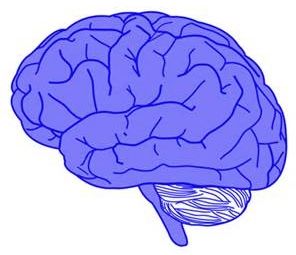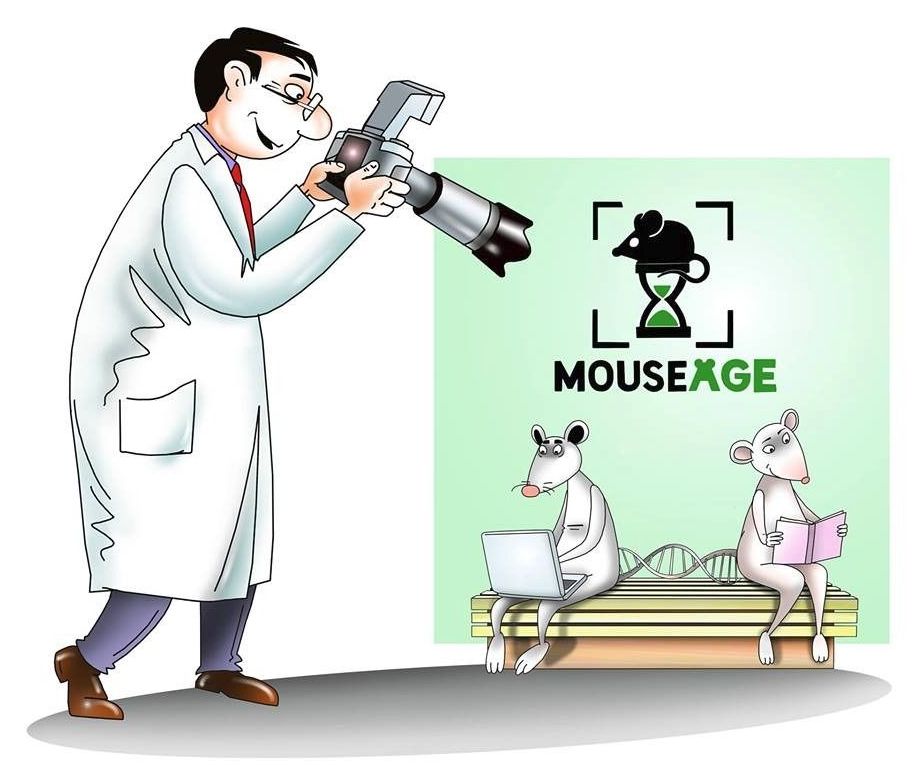UCLA scientists working with middle-aged fruit flies say they were able to improve the insects’ health while markedly slowing down their aging process. The team thinks its technique could eventually help delay the onset of Parkinson’s disease, Alzheimer’s disease, cancer, stroke, cardiovascular disease, and other age-related diseases in humans.
The researchers zeroed in on mitochondria, which often become damaged with age. When cells can’t eliminate the damaged mitochondria, they can become toxic and contribute to a wide range of age-related diseases, said David Walker, Ph.D., a UCLA professor of integrative biology and physiology, and the study’s senior author.
Dr. Walker and his colleagues found that as fruit flies reach middle age—about one month into their two-month lifespan—their mitochondria change from their original small, round shape.






